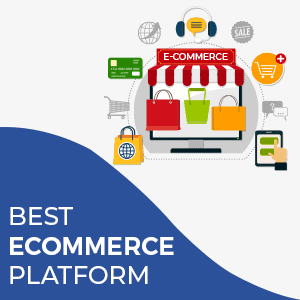
That’s the reason there has been an increase in the trend of online stores over the years. But online shopping experience is incomplete without an eCommerce store.
If the online eCommerce site is not attractive or the user interface is not simple, you would not want to shop from that site. An eCommerce platform gives you the capability to create and manage an online store.
You can use different CMS platforms to manage your product, site, operations’, and everything related to online sales.
Some eCommerce software is available with CMS integration while some can be used to build a direct eCommerce store. It is essential to choose the best eCommerce platform that does not involve any coding.
Most eCommerce platforms or sites come packed with different functions and tools. Even without the help of a website designer, you’ll be able to create an eCommerce store with full functionality.
The options in eCommerce platforms are many, so it’s natural to get confused. If you are planning to start your eCommerce store, then here’s is a curated list of 10 best eCommerce platforms.
Which eCommerce Platform is Best Suited For an Online Store?
With the easy availability of CMS software, building an online store has become simpler. More and more businesses are creating an eCommerce website to sell their products online. Thus, if you want to join the online bandwagon, then here is a list of the top eCommerce platforms that can help you to build a robust and fully-functional online store. From the list provided, pick one that best suit your needs and if you need hosting or domain, then make use of BigRock Coupon to get a hefty discount.
1. WooCommerce
WooCommerce is the best eCommerce platform to run big online stores. WooCommerce works with WordPress, the most popular CMS site, to get you a functional e-store in no time.
-
- The platform offers a range of integration options that include different payment gateways, single-click installations. social media integration, and email marketing options.
- If you have already installed WordPress, then WooCommerce integration is even easier. Once you click to install it, you'll be able to add your products at once. It lets you fix your settings in no time, and there is no struggle with the technical part as well.
- It lets you choose from many WooComerce WordPress templates and themes, so that'll help to customize the look of your eCommerce site.
- WooCommerce also lets you add different plugins and tools to make your website more interactive. The best part, it is free, and you just have to pay for added extensions.
Further Reading: Best WordPress Hosting in 2021
2. Shopify
Shopify is the best eCommerce platform for business that includes selling more than 10+ products. The platform has more than 1 million active users and powers more than 6 lacs online stores.
- Shopify lets you sell digital goods and other services.
- An online invoice generator helps in the billing feature. If the sale is incomplete, abandoned cart recovery is inbuilt.
- Shopify syncs with ten different platforms that include Amazon, Facebook, and Instagram.
- It lets you sell unlimited products and can manage large site traffic.
- It lets you integrate with more than 100 different payment gateways that include Google Pay and PayPal. The best part is, it lets you customize your checkout with the company logo and brand.
- Shopify offers amazing sales features and an excellent inventory system. There is a transaction fee to be paid on different payment gateways.
- It also offers more than 100+ themes, complete design flexibility and value for money.
3. Prestashop
Prestashop is also a well-known CMS integrated platform that provides full functionality to an eCommerce store. More than 3 lac online stores run on Prestashop.
- It lets you create products and helps you set the minimum quantity for purchase.
- It lets you configure your store by offering different payment modes and shipping ways. Prestashop provides tons of applications and themes, so you'll get the best look for your site.
- The platform offers a one-page checkout and lets new customers validate their orders. It lets you create special offers and also highlight your products.
- Prestashop offers strong SEO support with self-hosted and hosted options. It also features a large community base that helps to solve queries.
- There is no multichannel functionality, however, but its appeal is strong.
4. Wix
Wix is a popular free website builder platform that is also famous for CMS integration. The platform has more than 110 million active users online, and many plans are available with Wix that are dedicated to eCommerce.
- Wix offers a multi-channel integration that lets you sell on different platforms without the installation of apps.
- It offers printable shipping labels that develop your brand image. It also offers the option of store card details along with drop shipping.
- It offers 'buy now' and 'add to' cart options for easy integration. With highly customized storefront, it lets you create a strong brand for your online store.
- Wix is available with SSL certificates that provide complete safety.
- It lets you create product videos that provide shoppers with an intuitive and interactive user interface.
- The drag & drop feature of Wix lets you build your eCommerce store your way, and it offers the best support.
5. Magento
Magento seems to be the most preferred eCommerce platform for big brands. It powers millions of websites in the webspace. The eCommerce platform supports catalogue management feature that supports visual products along with complete inventory management.
- It provides a special tool for advertising and marketing that gives a head start to your start-up eCommerce store.
- It is fully SEO centred as it lets you integrate with different SEO tools and plugins.
- Magento provides a mobile-friendly and responsive interface, so it is easy to browse on eCommerce application.
- It features order management that views, creates, and edit orders from the admin panel. It offers complete site management with customized templates and designs.
- The eCommerce platform offers flexible options for payments, checkouts, and shipping. Magento also features tracking, reporting along with Google Analytics.
- Magneto can be installed in a single click and has lots of users and a big community.
- It provides scalable and customizable features and lets you host software with different sites, so it is pretty flexible.
6. Squarespace
Squarespace CMS platform is known for its aesthetic designs. Its the best eCommerce platform for high-quality templates and lets you create a visually appealing store with a creative interface.
- Squarespace offers stunning templates along with a strong inventory system. It covers a massive range of industries that includes fashion and food.
- Squarespace eCommerce features as the best small business eCommerce platform. It lets you add discounts on products in your store along with alerts.The promotional pop-up feature helps to increase sales as well.
- It offers the best designs for eCommerce builders with complete social media integration.
- It also offers an inventory system with an analytic tool that is quite effective.
- The only thing it lacks is access to multiple payment and shipping options. Other than that, its an ideal choice for high-end eCommerce sites.
7. Weebly
Weebly is perhaps the best eCommerce platform for startups. More than 40 million people have already used the power of the Weebly CMS platform. It helps to create a perfect website with a drag & drop feature.
-
- It offers a range of eCommerce solutions that will help your new business to grow online.
- The platform offers a responsive and mobile-friendly interface.
- It lets you create your site photo gallery and custom backgrounds so that will attract more shoppers to your eCommerce store.
- It offers professionally designed templates with complete customization features.
- The app centre feature allows third party integration with your eCommerce site, so you'll be able to get the benefits of various plugins.
- It offers the support of powerful SEO tools that help search engines to find your site easily.
- Weebly offers different eCommerce branding tools and themes that'll help your site scale better.
Read: Cloud vs Shared Hosting - Which is better for eCommerce websites
8. Volusion
- Volusion lets you create customer accounts through which all details can be stored safely. You'll also be able to link social media channels to this platform.
- The Facebook store can be integrated with this CMS site.
- Volusion also integrates with all the popular payment gateways, including PayPal and Amazon.
- Volusion does not support digital products, and you can't add features like blogging to your site.
- It keeps a complete track of inventory, so that helps you to keep your website updated.
- The platform provides great data on store and insight that helps you to build a sustainable eCommerce store.
9. BigCommerce
As the name suggests, BigCommerce is an ideal platform for large eCommerce stores. Its ideal for people who are looking to start a full-fledged e-store or want to expand their store in different product categories. The price depends on the plan you choose.
-
- It integrates with different plugins to make any business niche a great success. The interface of the platform allows you to customize your online shop without any coding or technical expertise.
- It provides a range of templates to design your e-store. For all the tech-savvy developers, there is a tweaking option of HTML and CSS. It allows you to make many variations and also offers free themes.
- The BigCommerce eCommerce platform is not only flexible but highly scalable.
- It provides a strong SEO performance with multi-channel selling. It also supports a comprehensive abandoned cart feature.
Use BigRock hosting coupons to purchase web hosting and get started with BigCommerce today!
10. 3dcart
3dcart offers a great eCom platform to medium stores and powers more than 22,000 online websites. However, it is not an ideal platform for beginners and small companies.
- It offers unlimited storage with zero transaction fees. It supports multi-channel selling and offers great themes. There may be limited choice of templates, but you'll have good access for customization of your website.
- It offers advanced shipping solutions, and there is no API required.
- The best part about the platform is it supports all the integrations that you would need to create an e-com store. It also supports business user management tools.
Choose the best platform,
When choosing the best possible eCommerce platform, it is important to look for lucrative options. Open-sourced platforms are better, as they provide you with great functionality in e-stores.
You also need to look for features, added tools, and pricing options. Consider the need for eCommerce, whether its for small business start-up or a big store. The speed, shipping, and design considerations also play an important role in choosing the best CMS platform.
So, consider all this and go ahead and make your eCommerce website. Also, go here to learn why eCommerce websites should opt for Cloud hosting.
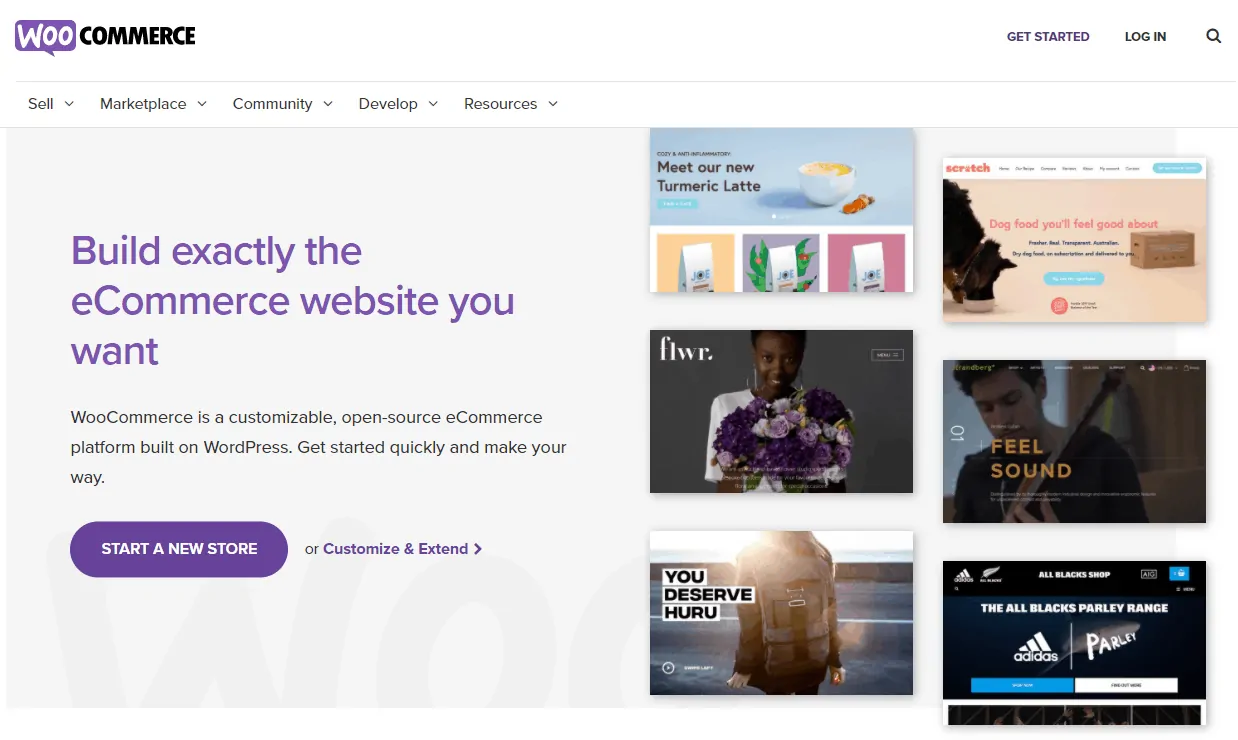






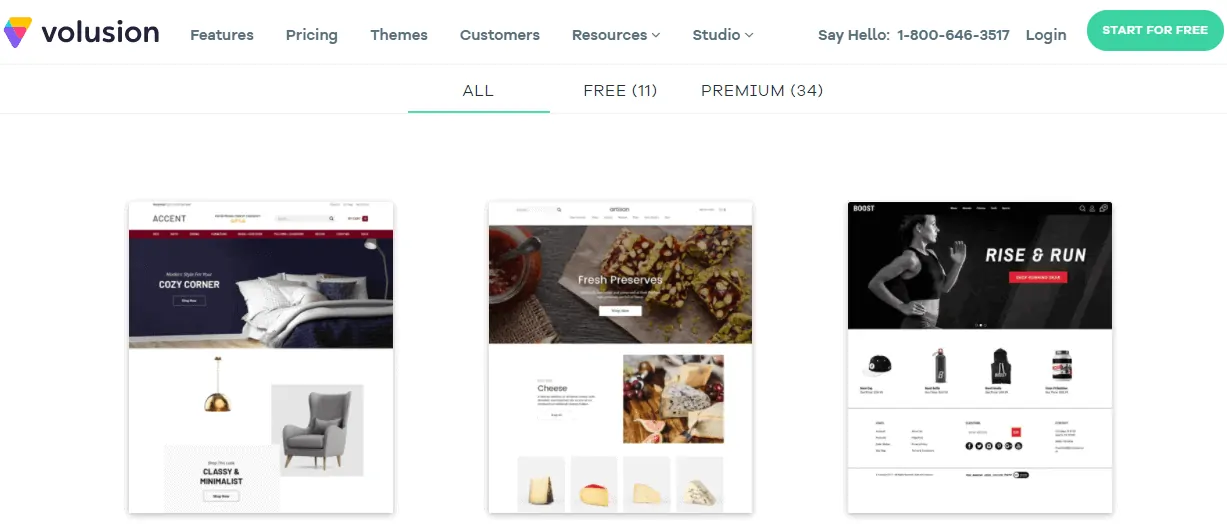

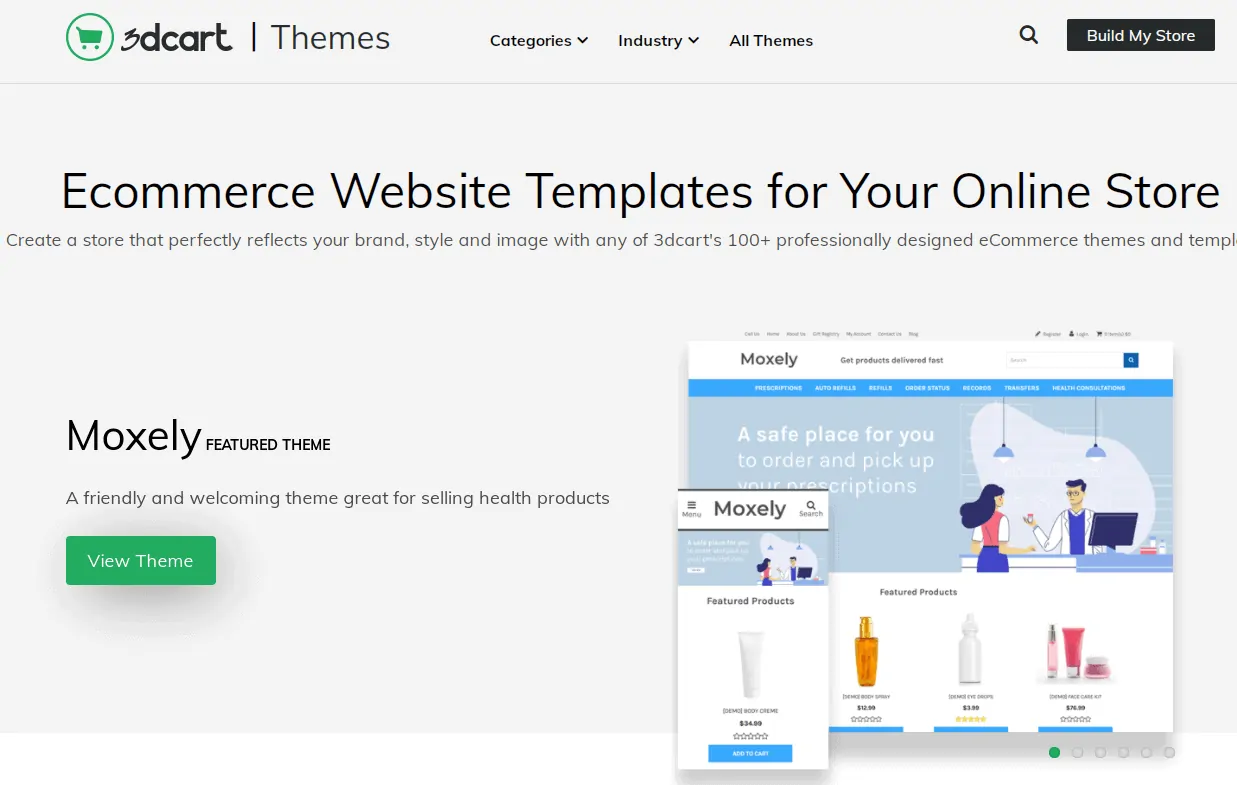
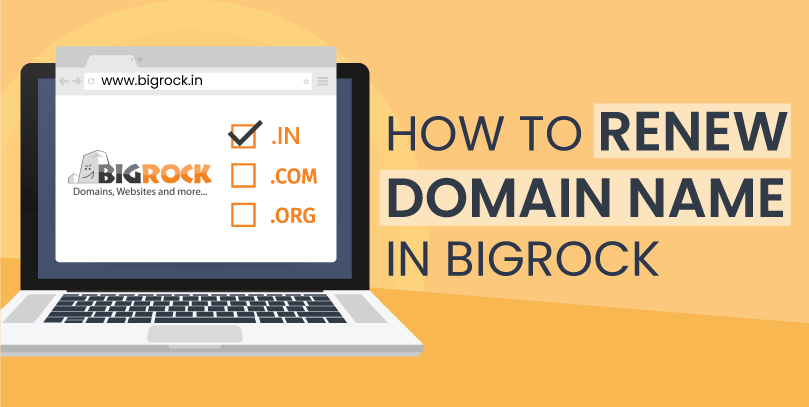
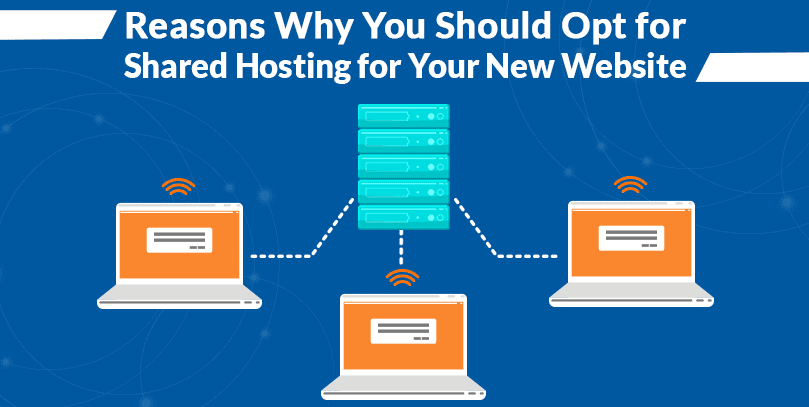
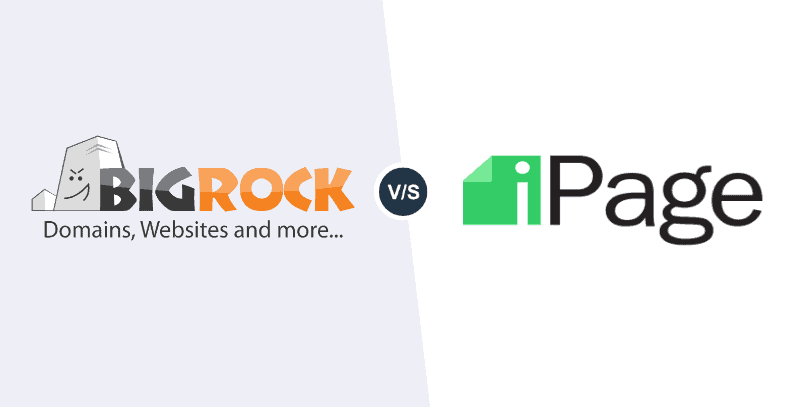

Leave a Reply